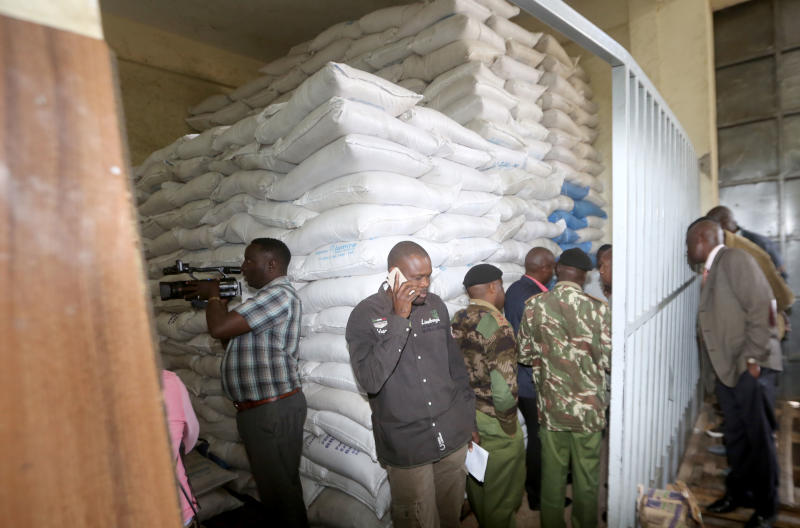
At the Border Control desk in any of the US’s ports of entry, hawk-eyed Customs officials painstakingly go through each and every item getting into the United States. Visitors are asked what they have in their bags just to be sure. Often, anything that can be grown – seeds of grains, legumes, nuts, cereal and others- is seized and destroyed promptly. That way, the US eliminates the risk of cross-pollination and thereby maintains the standards of its agricultural products. It should even be harder to get into the US finished products of any kind though it remains the biggest market for drugs from South America.
Locally, the recent spate of discoveries of counterfeit sugar and other products hidden in warehouses spread across the country has opened our eyes into the underworld of fakes. It has also exposed the weakness of enforcement agencies at controlling what gets into the country and ensuring that it is for the purpose declared at entry.